If your company needs a cooling or heating system to maintain the health and productivity of another system, then exploring the world of heat exchangers should be at the top of your list. Whether your company is based in the petroleum, biotech, chemical, paper, food and dairy, automotive, aerospace, marine, medical or pharmaceutical industry, the heating and cooling systems you depend on are dependent on various heat exchangers. Air conditioners, process cooling, refrigeration, residential heating, vehicle operation, power generation and waste heat recovery are examples of systems that have longer and better production when connected to a quality heat exchanger.
Not only do the various styles of heat exchangers available today keep systems from overheating and self-destructing, they are also environmentally friendly because of the small amount of energy necessary to run them. The lack of toxic emission is also a plus when it comes to the state of the atmosphere. Other benefits reaped from utilizing heat exchangers are fairly design specific. For example, plate heat exchangers may be produced in very small models while still heating or cooling a substance in large quantities but only taking up small amounts of time, and are therefore handy when space is an issue.
If availability to clean your heat exchanger is an issue, then the spiral model, with its single-flow path and rotary current that creates a self cleaning effect, is a good option for you. Whichever style or model of heat exchanger you choose, depending on the specific needs of your company and your products be assured that quality is always a must for heat exchanger manufacturers. Typically exchangers are constructed from durable, corrosion-resistant materials such as steel, titanium, copper, bronze, stainless steel, aluminum or cast iron, to ensure that the exchanger will be incredibly strong and last through many cycles of heating or cooling of liquids.
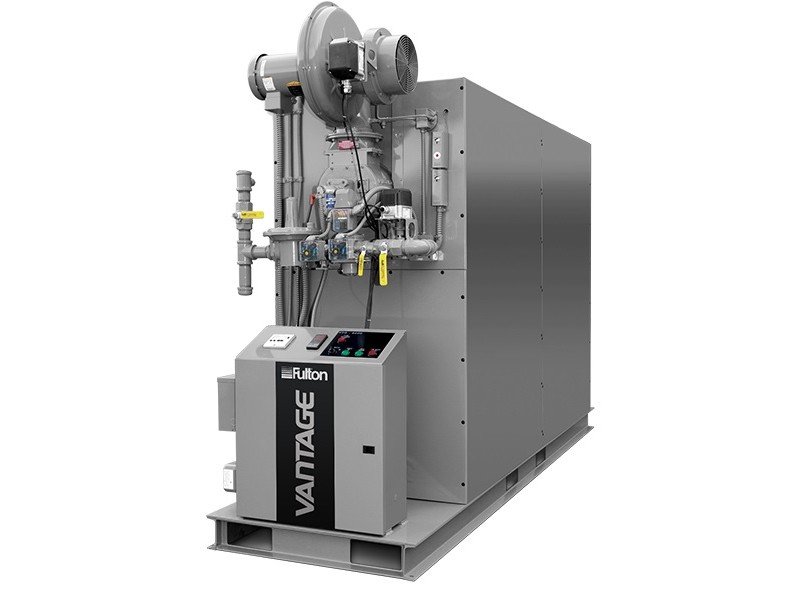 Boilers
Boilers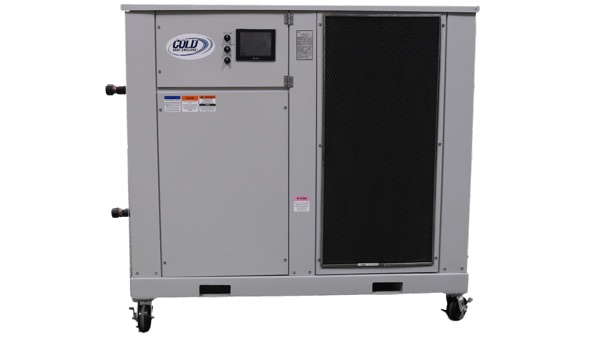 Chillers
Chillers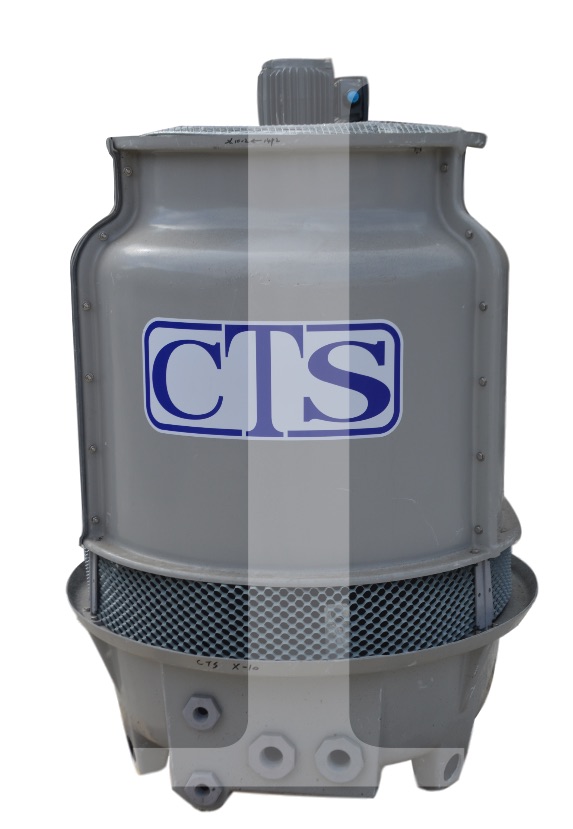 Cooling Towers
Cooling Towers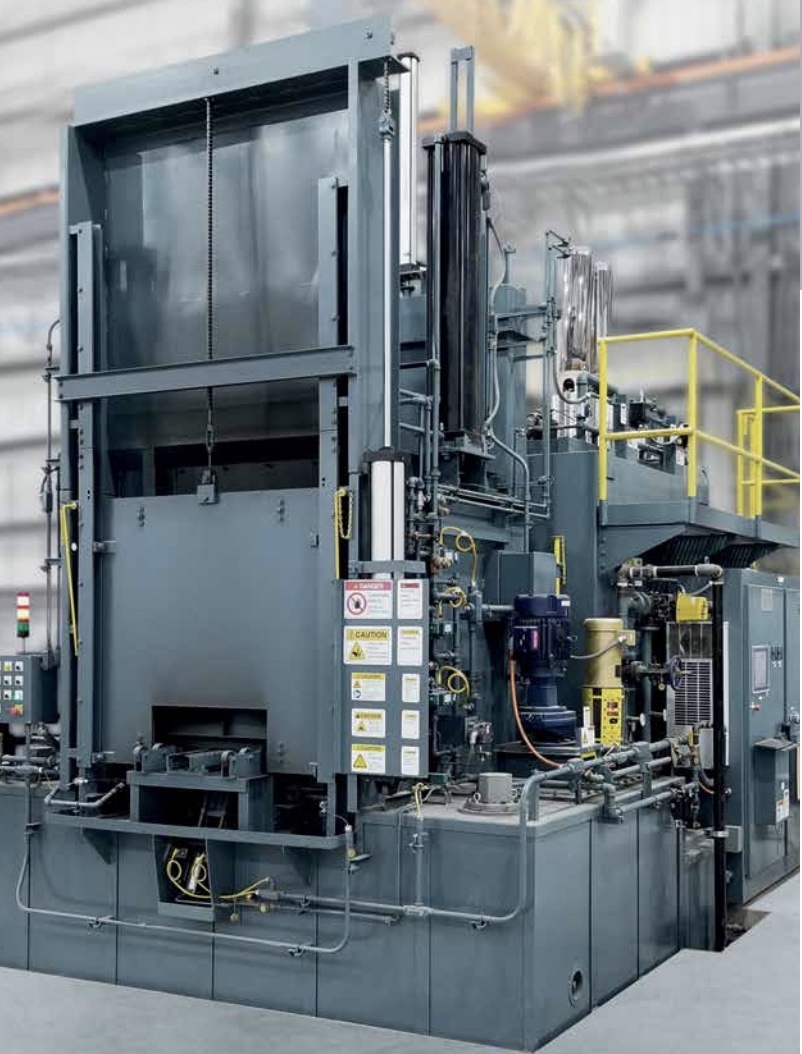 Furnaces
Furnaces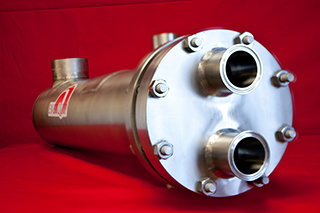 Heat Exchangers
Heat Exchangers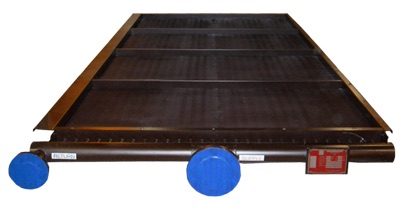 Heat Transfer Equipment
Heat Transfer Equipment Castings & Forgings
Castings & Forgings Bulk Material Handling
Bulk Material Handling Electrical & Electronic Components
Electrical & Electronic Components Flow Instrumentation
Flow Instrumentation Hardware
Hardware Material Handling Equipment
Material Handling Equipment Metal Cutting Services
Metal Cutting Services Metal Forming Services
Metal Forming Services Metal Suppliers
Metal Suppliers Motion Control Products
Motion Control Products Plant & Facility Equipment
Plant & Facility Equipment Plant & Facility Supplies
Plant & Facility Supplies Plastic Molding Processes
Plastic Molding Processes Pumps & Valves
Pumps & Valves Recycling Equipment
Recycling Equipment Rubber Products & Services
Rubber Products & Services